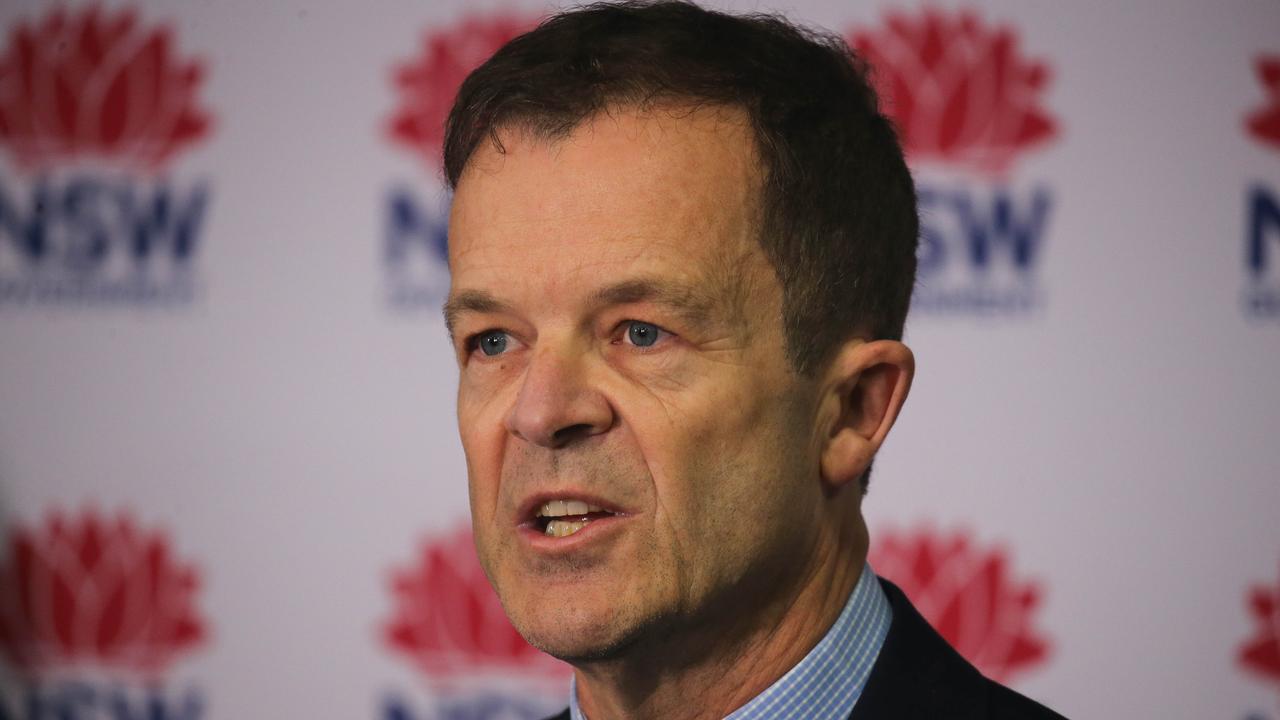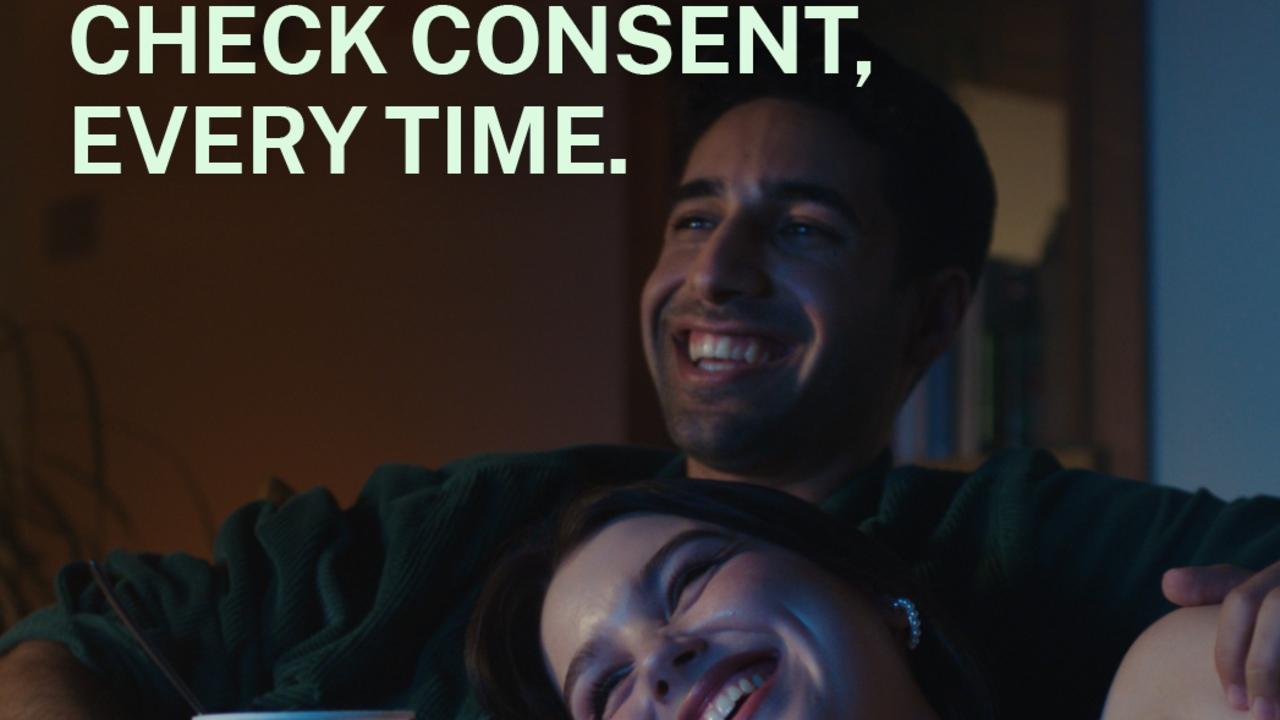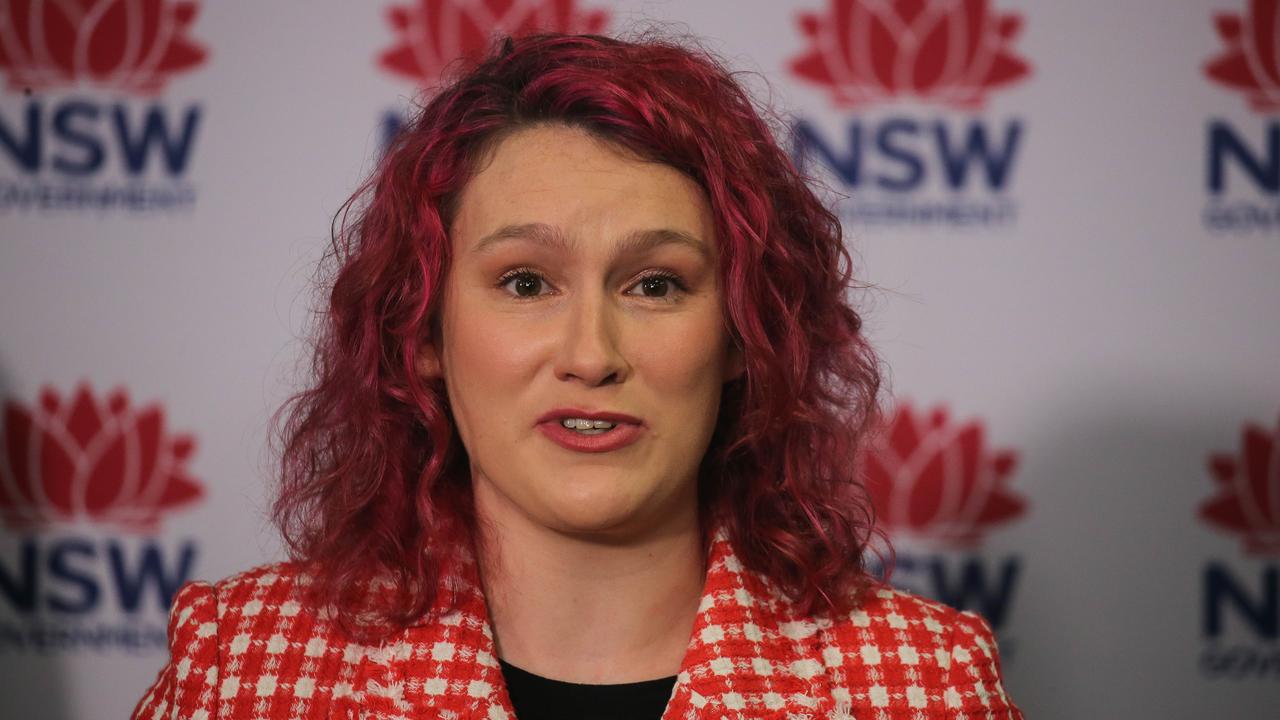First day of affirmative consent laws in NSW
New laws have come into effect in NSW on Wednesday that mandate a very important discussion in intimate settings.

The new affirmative consent laws have come into effect across NSW on Wednesday.
In a move the state government hopes will revolutionise sexual consent, NSW has implemented the state-first laws requiring affirmative consent before sexual interaction.
According to the newly enacted legislation, a person can’t reasonably believe someone wants to have sex with them without a clear sign or verbal cue.

Attorney-General Mark Speakman said the new laws clarified that a person needs to do or say something that gives permission for sexual activity. The legal reforms are designed to change social behaviour and tackle sexual violence in the community.
“These laws set clearer boundaries for consensual sex, reinforce the basic principle of common decency that consent is a free choice involving mutual and ongoing communication, and reinforce that consent should not be presumed,” Mr Speakman said.
The NSW government hopes the clearer rules of engagement will help to reduce the rate of sexual assaults in NSW that the Bureau of Crime and Statistics shows has risen by 4.8 per cent over the past five years.

The new laws highlight that consent is an ongoing process and should be sought for each sexual act.
An educational campaign entitled “Make No Doubt” was released last week to accompany the legislative changes.
It was praised by survivor advocate and Rape & Sexual Assault Research & Advocacy director Saxon Mullins.
“This is a really powerful campaign that I believe will make a massive impact,” she said.
The new campaign sharply contrasts with the consent campaign released by the federal government last year that was widely ridiculed for attempting to use milkshakes to teach consent to young people.

The law reforms were announced in November 2021, with a six-month delay to allow police and courts to understand the affirmative consent laws and how to enact them.
There has been criticism, notably from high-powered lawyer Margaret Cunneen SC, that the laws would create a large increase in sexual assault cases being processed in the already-overburdened court system.
A spokeswoman for sexual violence crisis centre Full Stop Australia said victim reports had increased since the affirmative consent laws were passed.
Over the past year, calls from victims of sexual assault to the centre have risen by 27 per cent. Many of those calls were from new callers and most would not go on to report the assaults to the police, the spokeswoman said.

Despite the suggestion the new laws would increase the workload for police, child abuse and sex crimes squad commander, Detective Superintendent Jayne Doherty, endorsed the new laws.
“The NSW Police Force is supportive of moves to simplify and strengthen consent laws in NSW and a legislative model for affirmative consent,” she said.
“The new laws include scope for an evaluation of the legislation by police on investigations, prosecutions, and complainants’ experience with the criminal justice system at a later date.”




